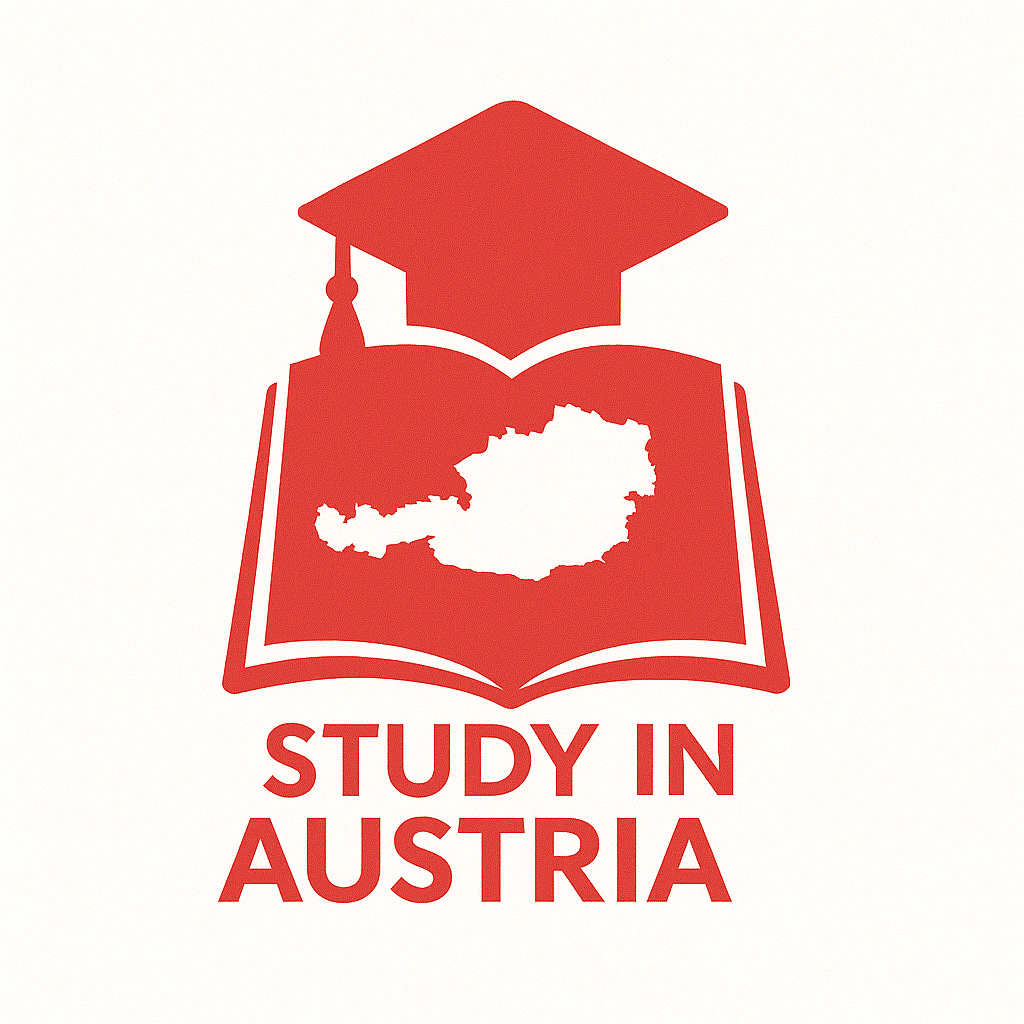How to Prepare for a Successful Academic Career in Austria
Table of Contents
- Research and Choose Your Degree Programme Carefully
- Understand the Structure of Higher Education in Austria
- Meet Admission Requirements and Language Proficiency
- Academic Preparation and University Preparation Programmes
- Career Planning and Practical Experience
- Familiarize Yourself with Administrative and Practical Matters
- Graduation and Further Opportunities
- Summary Table: Key Elements for Success
- Take the Next Step with Study in Austria
Research and Choose Your Degree Programme Carefully
Before diving into your academic adventure, it is crucial to explore the available degree programmes offered by Austrian educational institutions, including:
- Universities
- Universities of Applied Sciences
- Private Universities
- University Colleges of Teacher Education
Utilize Centralized Resources
To make informed decisions, leverage centralized resources that allow you to compare different programmes, their entry requirements, and career perspectives. This will enable you to select a programme that aligns with your personal and professional aspirations.
For more information on selecting the right programme, visit our Study in Austria programme overview.
Understand the Structure of Higher Education in Austria
Familiarizing yourself with the Austrian higher education system is crucial for navigating your academic career effectively.
The Three-Cycle Bologna System
Austria follows the three-cycle Bologna system, which comprises:
- Bachelor’s Degree
- Master’s Degree
- Doctoral (PhD) Degree
In certain fields, you may encounter specialized degrees, such as “Magister/Magistra” or “Diplomingenieur” (qualified engineer), particularly within disciplines like medicine, law, arts, or theology. While these may have unique structures, they generally align with Bologna principles.
Career-Oriented Programmes
Universities of Applied Sciences (UAS) emphasize applied knowledge and feature career-oriented curricula, which often include mandatory internships and practical training. This hands-on experience is vital for enhancing your employability and real-world skills.
Meet Admission Requirements and Language Proficiency
Understand Specific Admission Criteria
Each type of institution and programme will have specific admission requirements. These can include prior education credentials and demonstrating sufficient language proficiency, primarily in German, for many undergraduate programmes.
Prepare for Entrance Procedures
Some universities, particularly those within the applied sciences sector, may require entrance examinations or supplemental tests. Be sure to familiarize yourself with these requirements early in the process.
Academic Preparation and University Preparation Programmes
Supplementary Programmes
For international students who may need additional guidance before commencing their degree, University Preparation Programmes are available. These programmes help bridge any academic or language gaps.
Language Proficiency
A strong command of German can be critical. Many undergraduate courses are predominantly taught in German, while some Master’s or PhD programmes may be available in English. Investing time in improving your language skills can significantly impact your academic success.
Career Planning and Practical Experience
Leverage Internship Opportunities
Austrian higher education institutions place a strong emphasis on career orientation. Many universities, particularly UAS, integrate internship placements and practical training into their programmes. Engaging in these opportunities can provide:
- Valuable Work Experience: Practical experience enhances your resume and gives you insights into your industry.
- Networking Opportunities: Build connections within your field, which could lead to future job opportunities.
Familiarize Yourself with Administrative and Practical Matters
Understand Immigration and Legal Aspects
Transitioning to life and studies in Austria involves understanding entry and residence conditions. Important matters to consider include:
- Health Insurance
- Tax Regulations
- Social Security
These elements are crucial to ensure that your journey is as smooth as possible.
Begin Early with Application Processes
Starting your application process well in advance is key. Gather all required documentation for visa and study registration to avoid any complications.
Graduation and Further Opportunities
Explore Postgraduate Options
Upon completing your academic journey, whether it’s a Bachelor’s, Master’s, or Doctorate degree, various further study or research opportunities await. Graduates from certain Master’s programmes may also be eligible for doctoral studies, paving the way for continuous academic development.
Summary Table: Key Elements for Success
| Preparation Step | Description |
|---|---|
| Research Programmes | Choose wisely using centralized programme overviews |
| Understand Degree Structure | Learn about the three-cycle system and specialist degrees |
| Meet Requirements | Ensure academic and language prerequisites are fulfilled |
| University Preparation | Attend preparation programmes for supplementary exams or language needs |
| Gain Work Experience | Participate in internships and practical training |
| Administrative Preparation | Address visa, residence, health, social security, and financial matters |
| Plan for Graduation | Explore graduate study, research, and career opportunities after completing your degree |
By systematically addressing these areas and proactively engaging with your chosen institution’s resources, you will set yourself up for a successful academic career in Austria.
Take the Next Step with Study in Austria
Interested in learning more about your options? Contact us today to explore partnership opportunities or inquire about how Study in Austria can support your academic journey!

